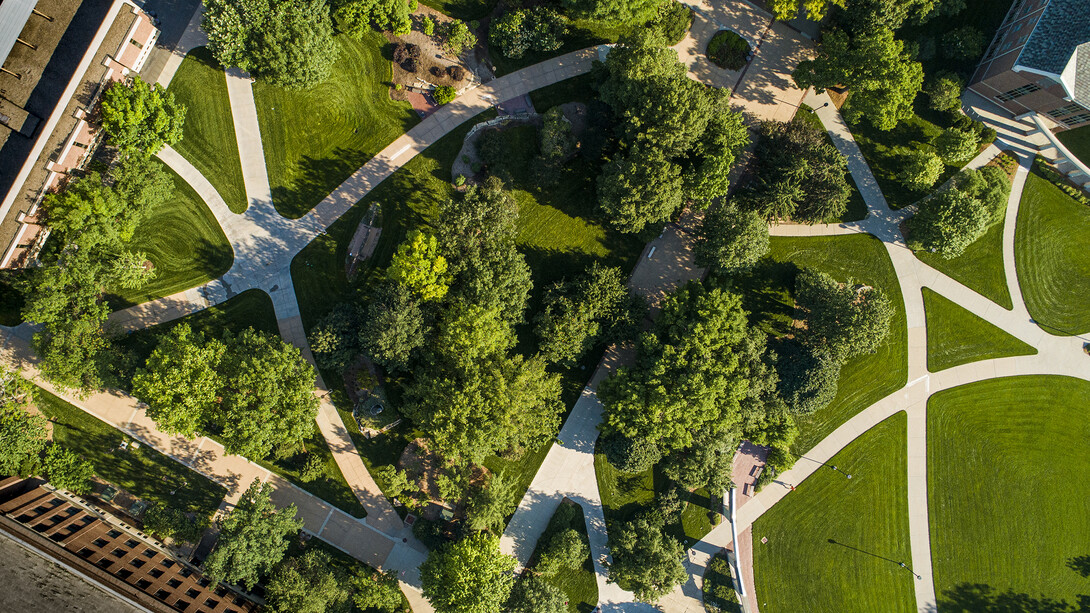
A University of Nebraska–Lincoln initiative to produce a statewide community tree canopy map has received a $51,057 grant from the Nebraska Environmental Trust.
Yi Qi, assistant professor in the School of Natural Resources, leads the project.
Community trees offer important environmental benefits such as improving air and water quality, reducing storm water runoff and providing wildlife habitat. Community tree canopy maps are essential to estimating the magnitude and location of environmental benefits provided by community trees, and the potential negative impact of invasive pests, such as the emerald ash borer. The lack of tree canopy maps for communities in Nebraska limits efficient decision-making by municipalities and state agencies to prevent degradation of water resources and air quality and loss of habitat due to reductions in tree canopy from invasive pests and development practices.
Existing techniques for producing canopy maps are expensive, running about $30,000 to $55,000 per community, and generally are not replicable. There is a critical need to develop a low cost and repeatable method to map tree canopy for Nebraska communities. The university will use aerial photography from the U.S. Department of Agriculture’s National Agriculture Imagery Program to develop canopy classification methods and canopy maps for Lincoln, South Sioux City and Waverly as pilot communities. The tree canopy maps from different years will be compared to track tree canopy changes over time. This work will produce canopy maps for the pilot communities and develop repeatable cost-effective mapping methods, usable by any community in Nebraska.
This is the first year of the award, with potential second-year funding of $44,218. The project is one of 118 receiving $20 million in grant awards from the NET this year. Of these, 73 were new applications and 45 are carry-over projects.
The Nebraska Legislature created the NET in 1992. Using revenue from the Nebraska Lottery, the trust has provided more than $328 million in grants to more than 2,300 projects across the state. Anyone – citizens, organizations, communities, farmers and businesses – can apply for funding to protect habitat, improve water quality and establish recycling programs in Nebraska. The NET works to preserve, protect and restore the state’s natural resources for future generations.







